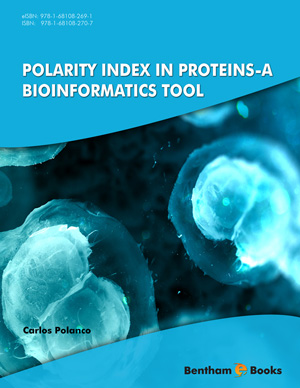Abstract
Transgenic plants have been developed since the early 1980s, when researchers were able to transform a piece of foreign DNA into a plant genome. Since then, the technology has expanded enormously, giving rise to many private and public ventures in the field of plant-based recombinant technology. The technology has helped in crop improvement against various biotic and abiotic stresses such as insect resistance and herbicide tolerance, as well as improving their nutritional values, for example, Golden rice. In addition to crop improvement, the technology has enabled plants to be used as green factories for the production of recombinant proteins. Several platforms are available for the heterologous expression of foreign proteins, each of which represents its own set of advantages and limitations. Plants offer many advantages for inexpensive yet large-scale production of high-value targets, making them extremely attractive for commercial applications. In this chapter, we briefly discuss the need for using plants as solar-powered cellular factories to produce recombinant proteins. We provide a snapshot of different expression systems and argue that the plant-based expression system is highly commercially feasible not only for the production of highvalue targets but also to help address global challenges like Covid-19.
Keywords: Biopharming, High-Value targets, Green factories, Plants.










